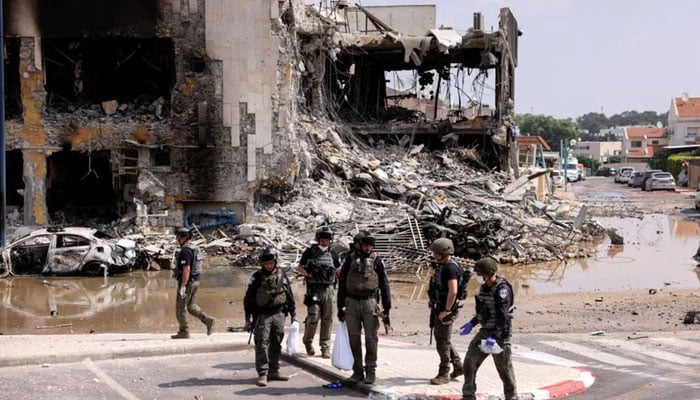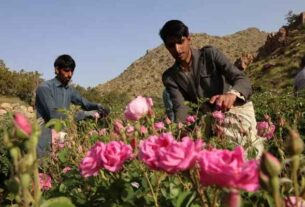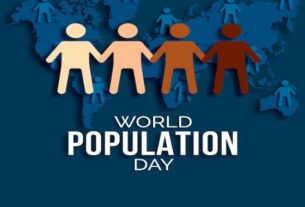1. 700 Israeli Deaths
The tragic loss of 700 Israeli lives has sparked national outrage and a swift military response. Israeli officials directly accused Palestinian militants of launching coordinated ground assaults and firing rockets into Israeli territory. In response, Israel immediately launched artillery and airstrikes targeting key areas within Gaza. As the violence escalates, both sides continue to suffer heavy casualties. Consequently, citizens across the region are increasingly fearful of further bloodshed.
a. An Increase in Violence
This period marks one of the most violent phases in the Israel-Palestine conflict in recent memory. Rocket barrages, urban clashes, and border skirmishes have directly contributed to the loss of life. Moreover, the fighting has spread beyond military zones, affecting civilian areas and heightening the crisis.
b. Political Pressure and Public Response
The Israeli government faces growing pressure to deliver a decisive and immediate response. Public demonstrations and media outcry demand tighter security measures and swift action to restore order. As a result, the government has escalated both rhetoric and military preparedness.
2. Deployment of Troops Near Gaza
a. Goal and Approach
Israel has stationed troops near Gaza with clear objectives. The primary goal is to ensure national security and prepare for potential counter-operations.
b. Border Security
Military units aim to prevent further infiltrations and to secure areas vulnerable to attacks. Additionally, enhanced border surveillance reduces the likelihood of surprise militant strikes.
c. Counter-Offensive Strategy
Through the presence of ground forces and increased air patrols, Israel hopes to deter future rocket attacks and militant activities. These actions also send a strong signal to hostile groups operating in Gaza.
d. Humanitarian Measures
While focusing on security, the army is also working to support relief efforts. Troops assist in evacuation plans and deliver aid to affected civilians in volatile zones.
e. Deployment Scale
Thousands of soldiers, supported by armored units and aerial reconnaissance, have been mobilized. Their deployment boosts both offensive strength and defensive readiness.
3. International Responses
The global community has reacted with a range of opinions regarding the conflict. The recent surge in violence and casualties has drawn strong attention from world leaders and organizations.
a. Western Countries
Nations such as the United States, the United Kingdom, and many in the European Union have reaffirmed their support for Israel’s right to defend itself. At the same time, they stress the importance of proportionality and civilian protection. Furthermore, many Western leaders have called for de-escalation and renewed diplomatic efforts.
Also Read: Iran Attack: Israel Insists on Countermeasures | Mpox: A Global Health Challenge and Its Implications




